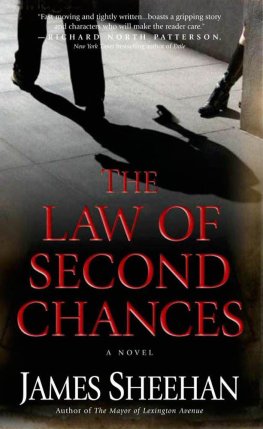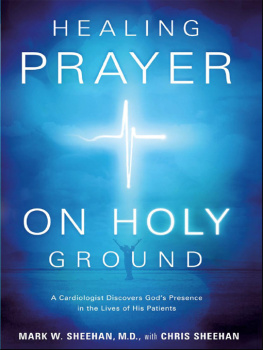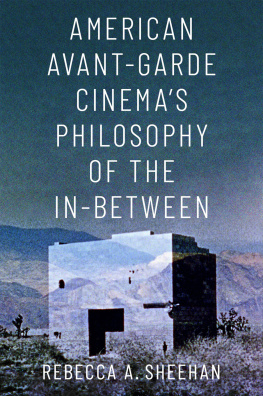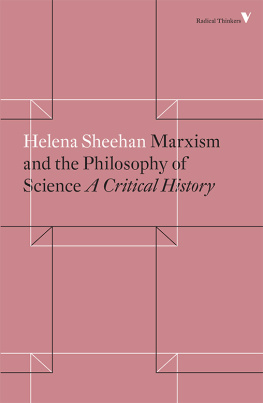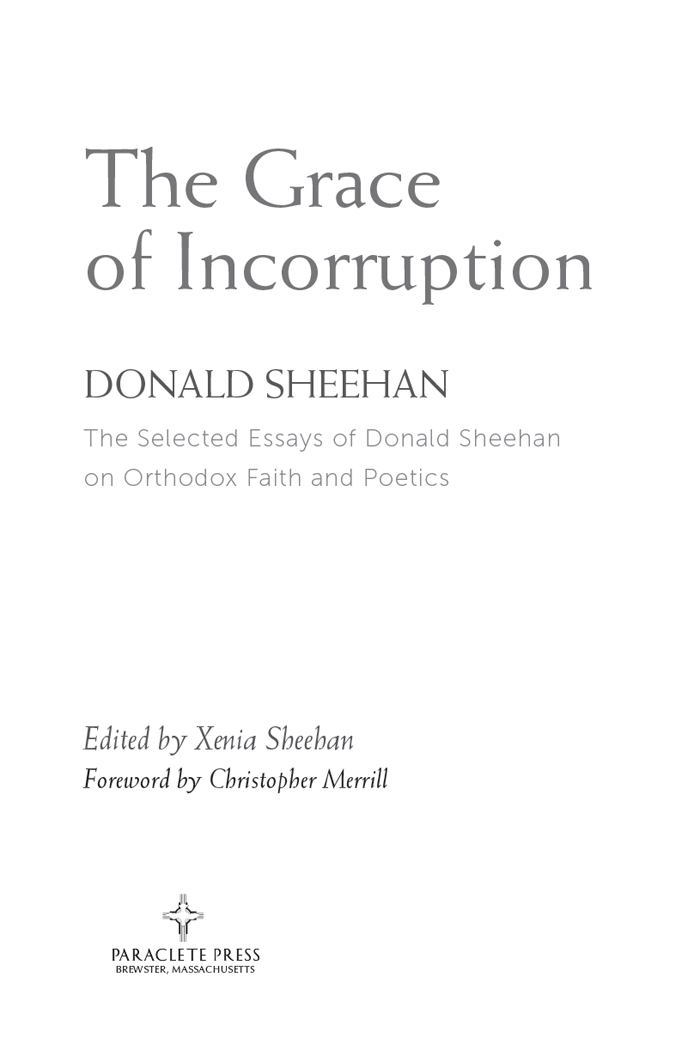The Grace of Incorruption
DONALD SHEEHAN
The Selected Essays of Donald Sheehan on Orthodox Faith and Poetics
Edited by Xenia Sheehan
Foreword by Christopher Merrill

2015 First Printing
The Grace of Incorruption: The Selected Essays of Donald Sheehan on Orthodox Faith and Poetics
Copyright 2015 Carol W. Sheehan
ISBN 978-1-61261-601-8
The authors preferred Scripture translation was the King James Version; however, as he often corrected the English to the Septuagint Greek (generally Rahlfs Septuaginta), most translations herein are in some measure the authors own.
The Paraclete Press name and logo (dove on cross) is a trademark of Paraclete Press, Inc.
Library of Congress Cataloging-in-Publication Data
Sheehan, Donald, 2010.
[Essays. Selections]
The grace of incorruption : the selected essays of Donald Sheehan on Orthodox faith and poetics / Donald Sheehan ; edited by Xenia Sheehan ; foreword by Christopher Merrill.
pages cm
Includes bibliographical references and index.
ISBN 978-1-61261-601-8
1. Orthodox Eastern ChurchDoctrines. 2. Bible. Psalms. I. Sheehan, Xenia, editor.
II. Title.
BX323.S524 2015
230'.19dc23 2014044627
10 9 8 7 6 5 4 3 2 1
All rights reserved. No portion of this book may be reproduced, stored in an electronic retrieval system, or transmitted in any form or by any meanselectronic, mechanical, photocopy, recording, or any otherexcept for brief quotations in printed reviews, without the prior permission of the publisher.
Published by Paraclete Press
Brewster, Massachusetts
www.paracletepress.com
Printed in the United States of America
CONTENTS
To die, to be buried, to depart... And yet to have lived and died in such a way that your presence, discretely and from a distance as if a fragrance from someone absent, can give others the possibility to breathe divine fragrance!
Archimandrite Vasileios (Beauty and Hesychia in Athonite Life)
FOREWORD
Donald Sheehans conversion to Eastern Orthodox Christianity, detailed in the opening essay of The Grace of Incorruption, had not only personal but professional implications for the literature professor and longtime director of The Frost Place. Scripture, patristic writings, and the liturgythese profoundly shaped the last third of his life, during which he translated the Septuagint Greek Psalter and wrote this book, which unites his literary training, his poetic imagination, and the fruits of his prayer life. The Grace of Incorruption explores the mystery, music, and connections between faith and poetry, with uncommon wisdom.
The first half of this book, Reflections on Life, Literature, and Holiness, examines works by Shakespeare, Dostoevsky, Saints Ephraim and Isaac, Frost, and Salinger, as well as contemporary poets like Jane Kenyon, Sydney Lea, and Nicholas Samaras, raising questions about the nature of penitence, prayer, personhood, freedom, depression, and the right relationship to the earth. Sheehan weaves in elements of his autobiography, travels, and writings by Church Fathers such as Dionysius the Aeropagite and John Climacus, discovering that to achieve genuine sight of ones sinfulness without blaming others is to be with God. Humility is the cornerstone of his faith; the quality of attention on display in these pages, a form of prayer dedicated to revealing the sacred aspects of literature, is rooted in his belief that knowledge is limited; his observations, drawn in part from his experience of working with a range of poets at The Frost Place in Franconia, New Hampshire, shed light not only on the creative process but on the religious imagination. In this book the subdeacon and the professor work hand in glove.
Take the famously dark vision of Frosts An Old Mans Winter Night, which Sheehan reinterprets from an Orthodox perspective, likening its movement to the thought of Dionysius the Aeropagite, discerning in its negations the sort of reverse affirmation dear to the author of The Mystical Theology. For Dionysius the denial of all denials of course asserts that something is, which offers a gloss on Frosts assertion: A light he was to no one but himself, / Where now he sat, concerned with he knew what, / A quiet light, and then not even that. Sheehan argues that the poem goes the way of negation so as to achieve affirmation; it goes the way of deliberately turning out the lights so as to find the way of keeping a whole countryside. As Dionysius tells us to do, the poem goes into darkness to encounter that which illumines beyond all the false lights. And the central fact of this darkness isas I have saidthat it is fully alive, fully aware, fully creative. It is the heart of the mystery of Orthodoxy that Sheehan celebrates.
For example, he suggests that one key to understanding Salingers Franny and Zooey lies in The Way of a Pilgrim, an anonymous nineteenth-century Russian spiritual work about the Jesus Prayer: Lord Jesus Christ, Son of God, have mercy on me, a sinner. Which is to say: the fictional world of a seminal twentieth-century American writer was informed by a Russian believers question: how to pray without ceasing, as St. Paul counseled? What the Jesus Prayer offers Salinger Sheehan finds in the bright darkness of the Psalms, the daily reading of which profoundly shaped his thinking: that darkness wherein all the false lights are extinguished, and where we can thereby behold the light concealed from all the light among beings.
The second half of the book thus addresses the Psalms, focusing on the Great Psalm (118 in Orthodoxy, 119 in Western Christianity), an alphabetic acrostic that spells out Gods plan for Creation. This is the longest psalm and chapter in the Bible, and in twenty-two eight-line stanzas, each beginning with a Hebrew letter and containing a variety of rhetorical strategies and musical motifs, the universe is figured anew, which is why the psalm remains the source of so much inspiration and interpretation. Sheehan devotes considerable energy to explicating its secrets, literary and spiritual. He makes three important points at the outset: First, psalmic poetics are aural and oralin the ear and mouthsung (chanted), not silently read. Second, psalmic poetics are communal, holding the meaning of the entire Israelite community. Third, psalmic poetics are actions of blessedness, actions that secure whole communities from demonic violence: God is... working salvation in the midst of the earth (Ps 73:12). Among the many virtues of The Grace of Incorruption is its determination to serve as an instruction manual in the proper way to hear and chant the Psalms so that they heal, bless, and save individuals and communities alike.
Sheehan believes that the Orthodox practice of reciting the Great Psalm in its entirety at Matins on both Holy and Lazarus Saturday, coupled with the decision by its Greek translators to retain the letters of the Hebrew alphabet as titles for its stanzas, reveals its resurrectional meaning and movement: The artistic technique of Psalm 118 can therefore be best understood as the poetics of resurrectionthe poetics, that is, that came to govern the lifework of a singular man, blessed with faith and learning, who brings us the good news of life everlasting.
Christopher Merrill
Iowa City, Iowa
EDITORS INTRODUCTION


